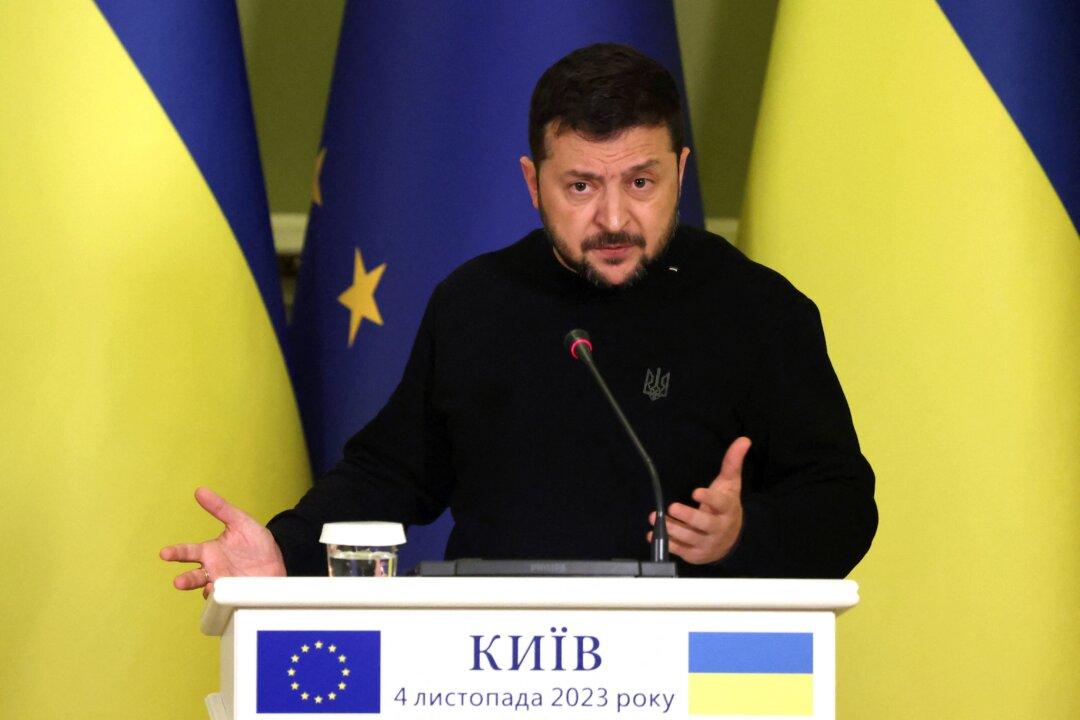The Ukrainian government will be conducting random inspections at colleges and universities across the country, a decision prompted by a nearly 2,000 percent increase in the number of applications from draft-age men since the full-blown war with Russia began more than two years ago.
Ukraine’s State Service of Education Quality, an agency within the country’s education ministry tasked with overseeing education standards, said it had examined state data on men born between 1964 and 1994 who had either entered or returned to full-time education between 2021 and 2023.





